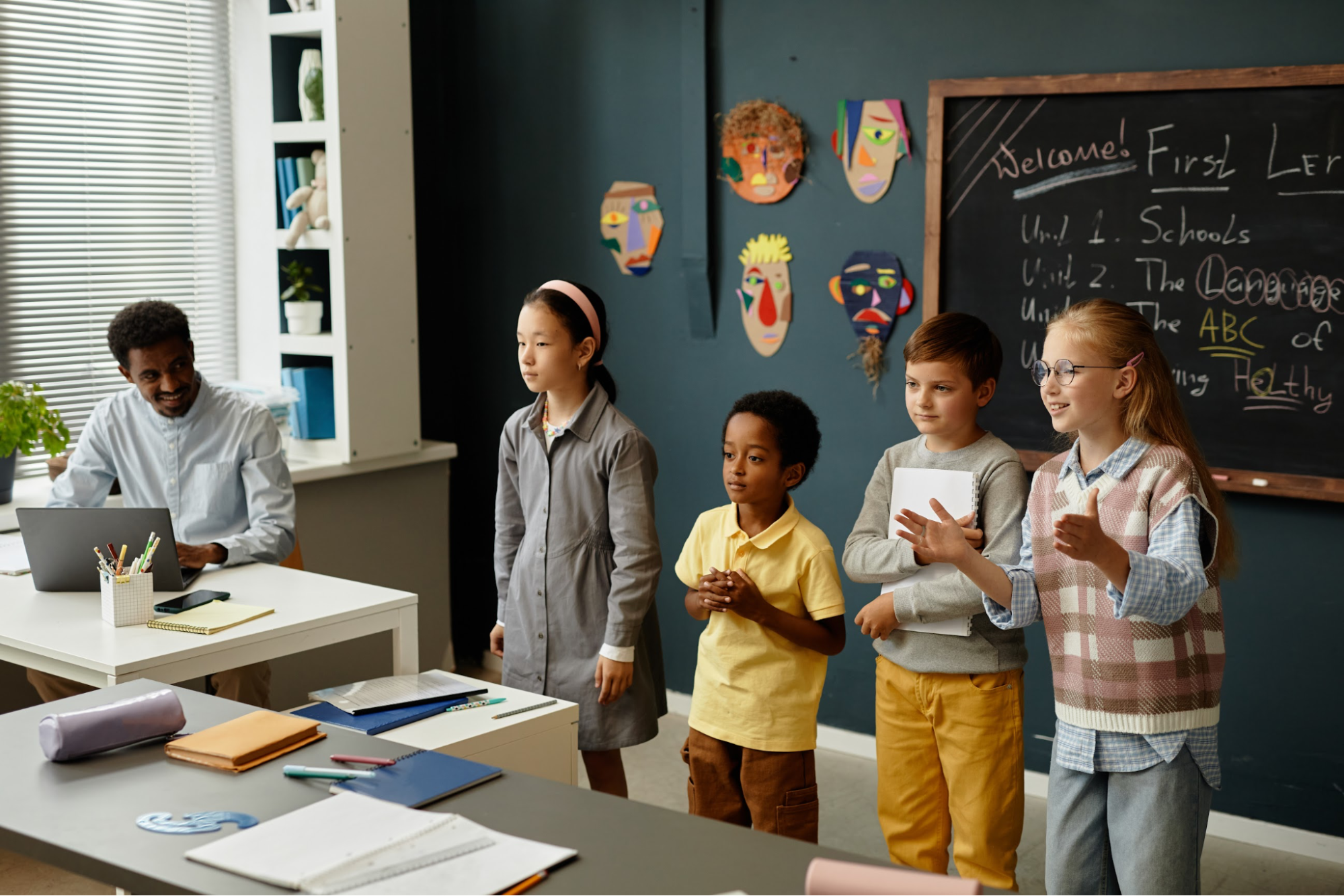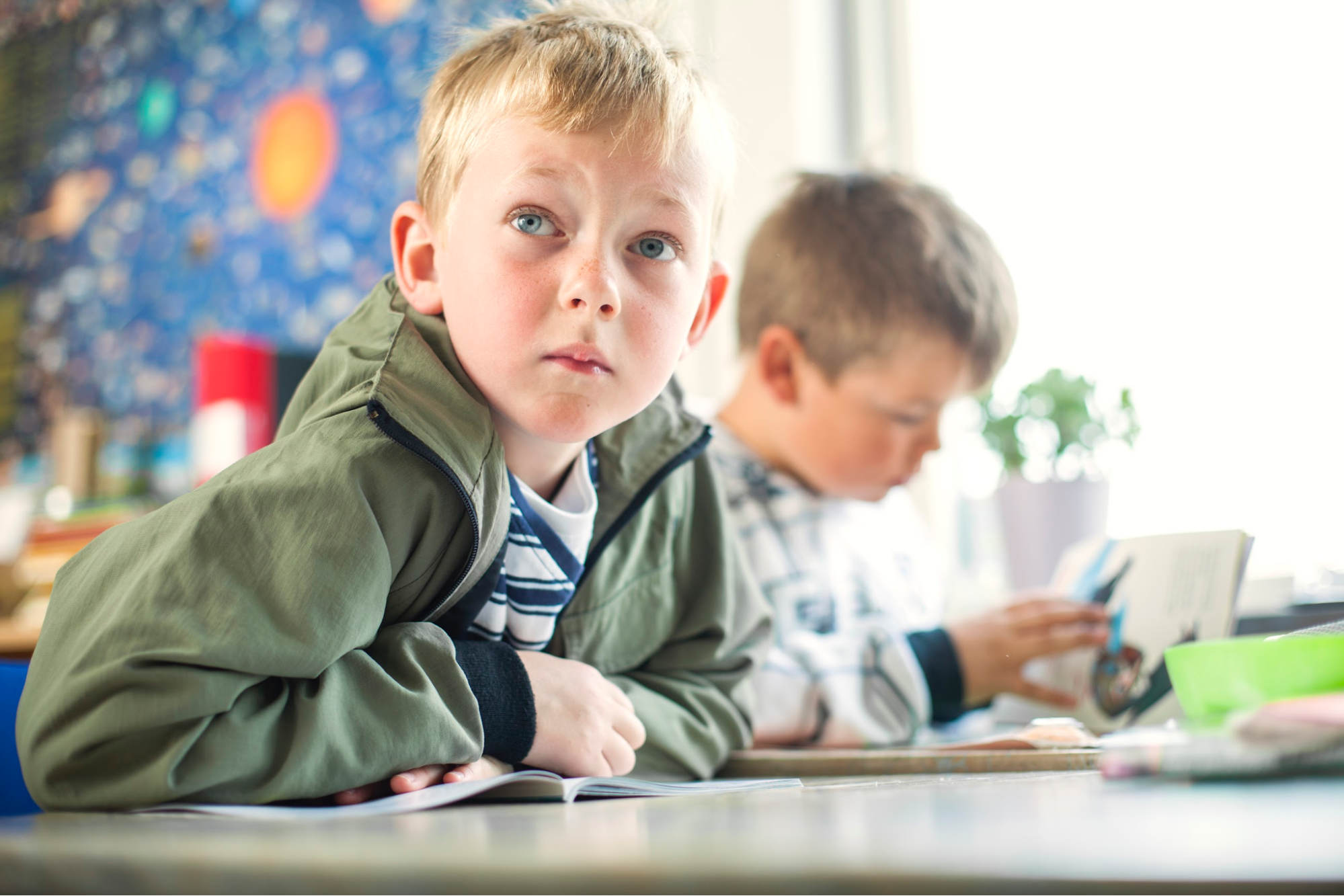Attention deficit disorder (ADD) is a neurodevelopmental condition that affects how a person processes attention, focus, and memory. It is often confused with Attention Deficit Hyperactivity Disorder (ADHD), but ADD does not include hyperactive traits. Those with ADD may seem quiet or distracted, frequently zoning out or forgetting tasks. Despite being less outwardly disruptive, ADD can significantly impair daily life and performance.
Attention Deficit Disorder Does Not End With Childhood
A major misconception is that attention deficit disorder only impacts children, but this belief is false. Many adults live with undiagnosed ADD and face challenges in organization, memory, and prioritizing tasks. The symptoms often evolve with age but do not disappear completely. Adult ADD can interfere with career progress and personal responsibilities.
Adults Often Remain Undiagnosed With ADD
Because adults typically mask or compensate for their symptoms, the disorder is more complex to detect. People may label them as disorganized or forgetful without recognizing the underlying issue. Without proper diagnosis, many continue struggling unnecessarily into middle age. Awareness and assessment tools have improved, but adult ADD still goes undiagnosed too often.
ADD is Not Just Laziness or Lack of Willpower
People often assume attention deficit disorder is simply an excuse for laziness, but this is incorrect and damaging. Individuals with ADD often strive to perform well but struggle to manage tasks as expected. Their struggles are not about motivation but how the brain processes information. This misunderstanding leads to unfair judgment and hinders the provision of necessary support.
Executive Function Plays a Central Role in ADD
Executive functioning encompasses time management, planning, and emotional regulation, all of which are often impaired in individuals with ADD. The brain may struggle to transition from thought to action, even when the intention is firm. External support systems, such as reminders, planners, and coaching, are often necessary. Recognizing the neurological root encourages empathy and realistic expectations.
Not All People With Attention Deficit Disorder Are Alike
Assuming every person with attention deficit disorder acts or thinks the same leads to ineffective treatment. Some people are more inattentive, while others struggle with impulsivity or emotional sensitivity. ADD manifests differently depending on personality, environment, and age. Recognizing this diversity ensures more personalized care and success.
Symptoms Evolve Across Life Stages
A child who struggles in school may become an adult who cannot manage work deadlines or finances. The external behaviors may shift, but internal processing issues often remain. Treatment must be revisited periodically to accommodate changing responsibilities. Ongoing adaptation is crucial for managing ADD effectively.
Parenting Style Does Not Cause Attention Deficit Disorder
One damaging myth is that attention deficit disorder is caused by poor parenting or a lack of discipline. While structure and guidance are essential for any child, ADD originates from brain development differences. Blaming parents is both scientifically inaccurate and emotionally harmful. Families need support, not criticism.
Attention Deficit Disorder Can Be Genetic
Research shows that ADD often runs in families, indicating a strong genetic link. Brain imaging reveals structural differences in areas responsible for attention and regulation. Environmental stress can influence symptoms, but it does not cause the condition. Recognizing the biological foundation promotes more informed and supportive interventions.
Hyperactivity is Not Always Present in ADD
The idea that ADD always includes hyperactivity is misleading. Attention deficit disorder often presents without the hyper, impulsive behaviors seen in ADHD. Many people with ADD are quiet, daydreamy, or mentally scattered rather than physically active. This appearance leads to misdiagnosis or being overlooked entirely.
Inattentive Symptoms Of ADD Are Easy to Miss
Quiet children who appear compliant but can't focus are often under the radar. They may forget assignments, lose materials, or zone out during lectures without acting out. Teachers and parents might assume they’re unmotivated rather than struggling with attention. Greater awareness of inattentive-type ADD is essential to improve early identification.
Medication Isn’t the Only Answer For ADD
While medication can help manage attention deficit disorder symptoms, it is not the only solution. Many benefit from therapy, coaching, lifestyle changes, and behavior management techniques. The best outcomes often come from a combination of approaches tailored to the individual. Relying solely on medication can limit long-term success.
Combining ADD Approaches is Often Best
Cognitive-behavioral therapy helps build coping skills and improve emotional regulation. Structured routines, task lists, and external reminders support executive function deficits. Nutrition, sleep, and exercise also impact focus and mood. A well-rounded treatment plan provides more sustainable results.
People With Attention Deficit Disorder Can Be Successful
Another harmful myth is that attention deficit disorder prevents success in school, work, or relationships. In truth, many successful people have ADD and use their unique thinking styles to their advantage. They often excel in creative, entrepreneurial, or high-energy careers. The condition does not define limitations—it simply changes the approach.
Unique Strengths Often Come With ADD
Individuals with ADD often display creative problem-solving, passion, and resilience. They may think differently, leading to innovative ideas and unconventional solutions. When provided with the right environment and tools, they can outperform expectations. Celebrating these strengths builds confidence and motivation.
Attention Deficit Disorder is Medically Recognized
Despite substantial evidence, some people continue to believe that attention deficit disorder is either fabricated or overstated. However, it is formally recognized by major health organizations and supported by decades of research. Brain scans show physical differences in how ADD brains process dopamine and regulate attention. Denial of its legitimacy creates stigma and reduces access to treatment.
Science Supports The Validity Of Attention Deficit Disorder
Studies consistently reveal neurological patterns and genetic links tied to ADD. Differences in the prefrontal cortex, which manages attention and impulse control, are well-documented. These findings have been peer-reviewed and widely accepted in the field of clinical psychology. Recognizing ADD as a real disorder ensures that people receive proper care and validation.
Attention Deficit Disorder is Not Always Overdiagnosed
There’s a belief that attention deficit disorder is overdiagnosed, especially among school-aged children. While some areas may see over-identification, underdiagnosis is a greater concern in others, especially among girls and minorities. Diagnosis should be based on a comprehensive evaluation, not rushed conclusions. Oversimplified narratives about overdiagnosis obscure the real picture.
Evaluation Must Be Thorough
Accurate diagnosis requires behavioral assessments, a developmental history, and, in some cases, cognitive testing. Quick doctor visits or parental pressure shouldn't drive the process. Misdiagnosis—either over or under—can prevent children from getting appropriate support. Balanced, evidence-based assessments improve outcomes.
Girls With ADD Are Often Overlooked
Girls with attention deficit disorder are frequently underdiagnosed because their symptoms differ from the stereotype. They are more likely to experience the inattentive form and internalize their struggles. This results in missed diagnoses and untreated symptoms well into adolescence or adulthood. The myth that ADD mainly affects boys is outdated.
Gender Bias in ADD Diagnosis is Real
Educators and clinicians may associate ADD with disruptive, impulsive behaviors more common in boys. Girls who are quiet, anxious, or withdrawn often slip through the cracks. These girls may face anxiety, depression, or low self-esteem as a result. Early, unbiased screening can change life trajectories.
Good Grades Don’t Rule Out Attention Deficit Disorder
Some assume that if a child or adult has good grades, they can’t possibly have attention deficit disorder. Yet many people with ADD compensate through intelligence, memory, or obsessive effort. They may work twice as hard to maintain performance, resulting in burnout or mental health issues. Academic success does not always mean functional success.
High Achievers May Be Masking ADD Symptoms
Students with ADD may excel academically but often feel constantly overwhelmed or disorganized. Their strong performance can hide significant emotional or cognitive struggles. These individuals often benefit from accommodations and support, even if their grades look fine. Evaluation should consider effort, stress levels, and consistency, not just results.
Attention Deficit Disorder Doesn’t Just Disappear With Age
Another misconception is that children “grow out of” attention deficit disorder over time. While some symptoms may lessen with maturity, many persist into adulthood in different forms. Adults face different demands and challenges, requiring ongoing strategies. Ignoring adult ADD leaves many to cope silently.
Boys With Behavior Issues Aren’t the Only ADD Group
The outdated stereotype of the hyperactive young boy overlooks the vast diversity in the presentation of ADD. Many children, especially girls or introverted boys, experience primarily inattentive symptoms. These children may never act out, making them easy to miss. Behavior alone is not the best indicator of ADD.
Subtle Behaviors Can Indicate ADD
Signs like forgetfulness, zoning out, or frequent mistakes are often dismissed. These children are sometimes mislabeled as careless or unfocused without further evaluation. Subtle indicators deserve just as much attention as overt behavioral problems. Inclusive criteria and observation help uncover the full spectrum of ADD cases.
Attention Deficit Disorder Doesn’t Mean a Total Lack Of Focus
Many believe people with attention deficit disorder cannot focus on anything, but that’s not accurate. People with ADD often hyperfocus on topics that deeply interest them. They may become completely absorbed in a task and lose track of time. The issue is not a lack of focus but difficulty regulating it.
Focus Regulation is the Core Problem of ADD
People with ADD can struggle to begin or stop tasks, not because of a lack of ability but due to impaired cognitive transitions. Tedious or low-stimulation tasks are demanding to engage with. Tools like structured timers, routines, and external motivation can help improve task management. Addressing focus regulation leads to better results.
Breaking Myths About Attention Deficit Disorder for Better Support
Understanding the realities behind attention deficit disorder starts with letting go of outdated beliefs. From the idea that ADD only affects children to the myth that it’s caused by bad parenting, misinformation creates barriers to treatment. When these myths are corrected, individuals receive more accurate diagnoses and compassionate care. By broadening awareness and education, we can better support those living with ADD every day. For more information about ADD, please visit our Charis Hills Camp blog.















